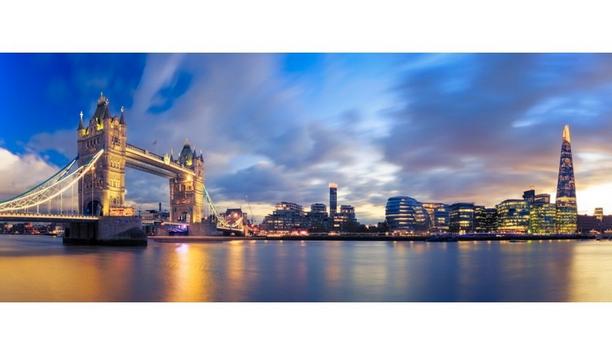Efforts to achieve zero emissions are a challenge that requires each company to change its business model and revenue structure, suggests Masato Otaki, Executive Officer & Head of Low Carbon Fuel Planning for Japanese power company JERA Co. Inc., adding that courageous 'first movers' need support in order to take risks.
Speaking in a video presentation for the LISW23 London Talks series Mr. Otaki says that for decarbonisation efforts to progress “it will be imperative to work across national and regional boundaries, developed and emerging economies, and every industry sector.”
JERA Zero Emissions 2050 Initiative
Mr. Otaki explains that problems cannot be solved by the actions of a single company alone
Mr. Otaki explains that problems cannot be solved by the actions of a single company alone. He said, “Each of us is expected to promote energy conservation, reuse, and recycling, and the introduction of new energy sources may impose a substantial financial burden. We must recognise and accept this burden. The entire society is required to change its awareness and behaviour.”
JERA intends to revamp its power generation portfolio to achieve zero CO2 emissions through a synergy of renewable energy and zero CO2 emission thermal power generation, in line with its JERA Zero Emissions 2050 Initiative.
Sustainability, affordability, and stability
Mr. Otaki explains: “We will decarbonise while simultaneously realising sustainability, affordability, and stability. This is a very difficult task. The rapid conversion to renewable energy is a great thing, but it also creates a huge negative effect.”
Pointing out that some forms of renewable energy are highly dependent on the weather, and highlighting that problems like the frequent power outages in South Asia can pose a threat to the basis of life, he comments: “I think the most important thing now is to create new energy supply options. We believe that by having as many supply methods as possible and combining a variety of options, we can begin to solve problems.”
He concludes: “We believe that decarbonisation in the energy and maritime industries will be promoted only if these three keywords are synchronised: optionality, mutual understanding, and encouraging the first movers.”










